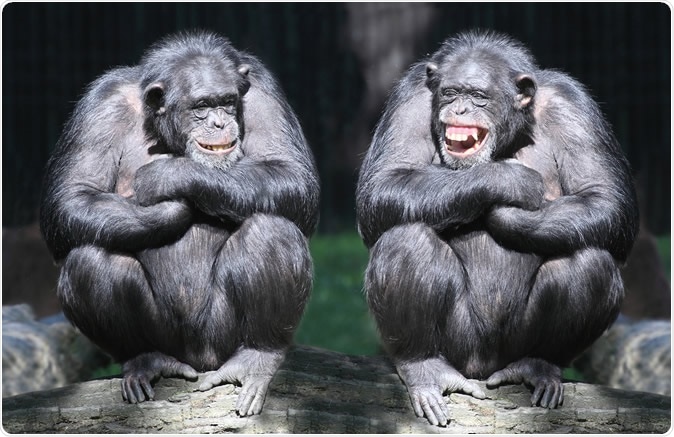The human heart underwent major physical changes throughout history, based on what activities or lifestyle people had, a new study found. As a result, human hearts are better suited to endure various types of activities.
Evolution shows how people changed through time, and it doesn’t only mean changing mentally and psychologically, but also evolving into physically resilient individuals. A new study by researchers at Massachusetts Hospital highlights how the human heart has adapted to major changes in the environment, making it less “ape-like” and more suited to endure many activities. It also hints, however, that people with sedentary lifestyles are at a greater risk of developing heart disease.
Published in the journal Proceedings of the National Academy of Sciences (PNAS), the study shows how the researchers measured and compared heart function in apes, and four groups of humans, with varying physical activities. The groups involved people with a sedentary lifestyle, indigenous subsistence farmers, and elite runners.
Comparing to chimpanzees
Chimpanzees are the closest known relatives of humans in the animal kingdom. There are differences between the two species, such as the fact that chimpanzees perform more exertion activities such as climbing and fighting, which puts pressure on the heart but only for a short period. On the contrary, humans were very active for longer periods, particularly during ancient times when they still engaged in activities such as hunting and farming.

Image Credit: Kletr / Shutterstock
Furthermore, the heart is thought to change physically as a response to physical challenges. For instance, when people performed running or walking, the heart requires more blood to be pumped to deliver fuel to the muscles used in the activity. On the other hand, short but intense exertion from activities such as fighting and climbing, also cause pressure in the heart. As a result, the heart muscles adapt to these changes and develop stiffer and thicker walls in the heart chambers.
“The heart remodels in response to two main forces: pressure and volume," Dr. Aaron L. Baggish, director of the Massachusetts General Hospital (MGH) Cardiovascular Performance Program, said.
Hence, he added that humans have longer, thinner, and more flexible heart walls while the chimpanzees develop smaller hearts but with thicker walls. The researchers wanted to see if these changes happened when the activities of humans shifted today. For example, the past activities of farming and hunting changed into industrial and office work. Do these activities have implications for human health today?
The heart evolved to withstand endurance-type activity
The researchers discovered that the human heart has evolved to be better at tolerating endurance type of activities, rather than short and intense bouts. Also, they found that those individuals who engage in activities for endurance sports will have longer, larger, and more elastic left ventricles. The left ventricle is the chamber that pumps blood throughout the body. Hence, those individuals have healthier hearts that are able to cope with pumping more blood volume over a long period of time. However, those who do not perform physical activities and have sedentary lifestyles, their hearts appear more “ape-like.” These hearts can withstand intense but only short bouts of activities.
The findings of the study show that the heart has undergone evolution over the past hundreds of thousands of years. Just like any species, humans also adapt to the environment and the requirements for survival. The human heart changed and adapted, along with the thermoregulatory and musculoskeletal system, to facilitate extended endurance activity, rather than sudden bursts of intense exertion.

Image Credit: BigBlueStudio / Shutterstock
Implications of the study
The study shows how being sedentary may affect the heart, which means that those who lack physical activity are at a higher risk for diseases such as heart disease and hypertension.
The results of the study highlight the importance of being active and engaging in activities that put positive pressure on the heart. This way, it can strengthen to efficiently pump blood and deliver the needed nutrients and oxygen throughout the body.
Journal reference:
Shave, R., Lieberman, D., Drane, A., Brown, M., Batterham, A., Worthington, S., Atencia, R., Felter, Y., Neary, J., Weiner, R., Wasfy, M., and Baggish, A. (2019). Selection of endurance capabilities and the trade-off between pressure and volume in the evolution of the human heart. Proceedings of the National Academy of Sciences (PNAS). https://www.pnas.org/content/early/2019/09/10/1906902116.short?rss=1